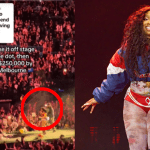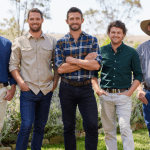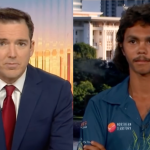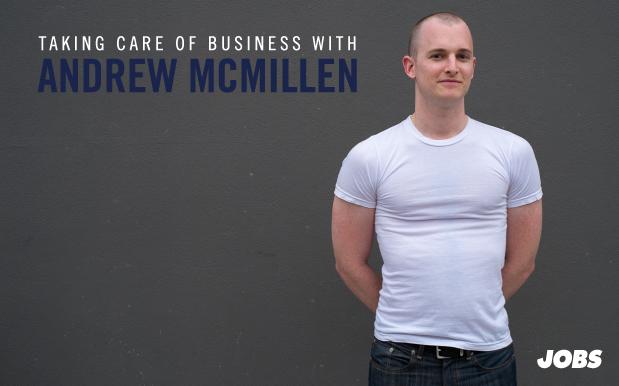
In the lead up to his Pedestrian Coach session on all things written, we grabbed Andrew for a quick Q&A about dingy alleyway interviews, writing routines and getting Big Boi to pay attention to him.
Tell us about your book, why did you go down the drugs and music path?
As a lifelong music fan I’ve often wondered about the real connection between drugs and music – as opposed to the distorted image often presented by pop culture – but it was only at the start of 2012, age 24, that I worked up the courage to start experimenting with recreational drug use. I didn’t die or freak out; instead, I had some life-changing experiences.
From there, it was a natural curiosity that drove me to ask some of my favourite Australian musicians about their own experiences with drugs, and more broadly, how they feel that drug use may have helped or hindered their creative endeavours.
You interviewed 14 Aussie musicians – some who went through hell battling addictions – was it hard for them to open up to you?
No, because I set the groundwork and the expectations ahead of time, by being upfront about my open-minded interest in the topic when I sent through the initial interview requests. It wasn’t as if I duped them into meeting with me to talk about their favourite guitars, or something, then sprung a whole bunch of drug-related questions on them.
It’s a hard topic to talk candidly about, because we’ve all seen how quickly the mainstream media likes to belittle, shame and demonise those who admit to enjoying illicit substances. With Talking Smack, it was my intention to offer an alternative to that tired narrative, and instead explore the pros and cons of drugs with honesty and without judgment.
Do you have any tricks for getting your subject to feel comfortable in an interview?
Just act like a human being. Be interested. An interview is an opportunity to learn something new from another human being. Most people delight in sharing stories. It’s the role of the journalist to make the interviewee feel comfortable enough to reveal their true self.
Who’s been your favourite person to interview?
Journalist and author Neil Strauss. I first met him in Sydney in mid 2009, after flying down from Brisbane for the day. At the time I was still trying on freelance journalism, so to speak, to see whether it fit me, or whether I had the fortitude to ride out the emotional highs and lows of the business.
I was nervous as hell when I first met Neil, because he was (and remains) a huge influence on my writing. I’m so glad that I met him, though, because it was an inspiring interview that solidified in my mind the idea and the confidence that I might be able to make a career out of writing words, just as Neil has. You can read the transcript of that interview here. I spoke to Neil Strauss on the phone nearly two years later, too, which was a much better interview.
If you could interview anyone – alive or dead – who would it be?
Ross Ulbricht, the alleged founder of the online drug marketplace Silk Road.
Where’s the weirdest place you’ve conducted an interview?
I sat on concrete in a dingy alleyway with Megan Washington before a show of hers at The Zoo in Brisbane a few years ago, which was a pretty grounding experience for both of us, I think. Even weirder, though, was interviewing Big Boi from OutKast while he played Xbox 360 before headlining a Need For Speed video game event in late 2010. He’d spent all day talking to an assembly line of journalists, on-camera and off. Getting him to put down the controller and actually make eye contact with me is still one of my proudest career moments.
Do you have a routine when it comes to writing?
I tend to only write under the pressure of a deadline, hanging over my head like a ten-tonne anvil. Nothing like fear of failure, or disappointing an editor, as a motivator. My writing routine is fairly scattershot, though, as I’ll go away and research/interview for feature stories for weeks or months at a time, then finally sit down and distil everything I’ve learned into 2,000 – 5,000 words of clear prose. Forcing myself to sit before a keyboard at this time has always been the hardest part of the process.
My only weekly routine is to send out my email newsletter, Dispatches, before 5pm every Thursday. It’s a place for me to arrange my thoughts about interesting writing, music and podcasts that I consumed in the week prior, as well as sharing recently-published writing of my own. I’ve been meeting that Thursday deadline every week since March and I’m quite happy with how it has turned out so far.
What’s the best piece of advice you’ve been given?
All rejection is circumstantial, not personal. People aren’t necessarily out to get you, they just have other, more important stuff to deal with than you. Better to embrace every rejection as a learning opportunity and a chance to improve your practice rather than having a sook, and dwelling on it.
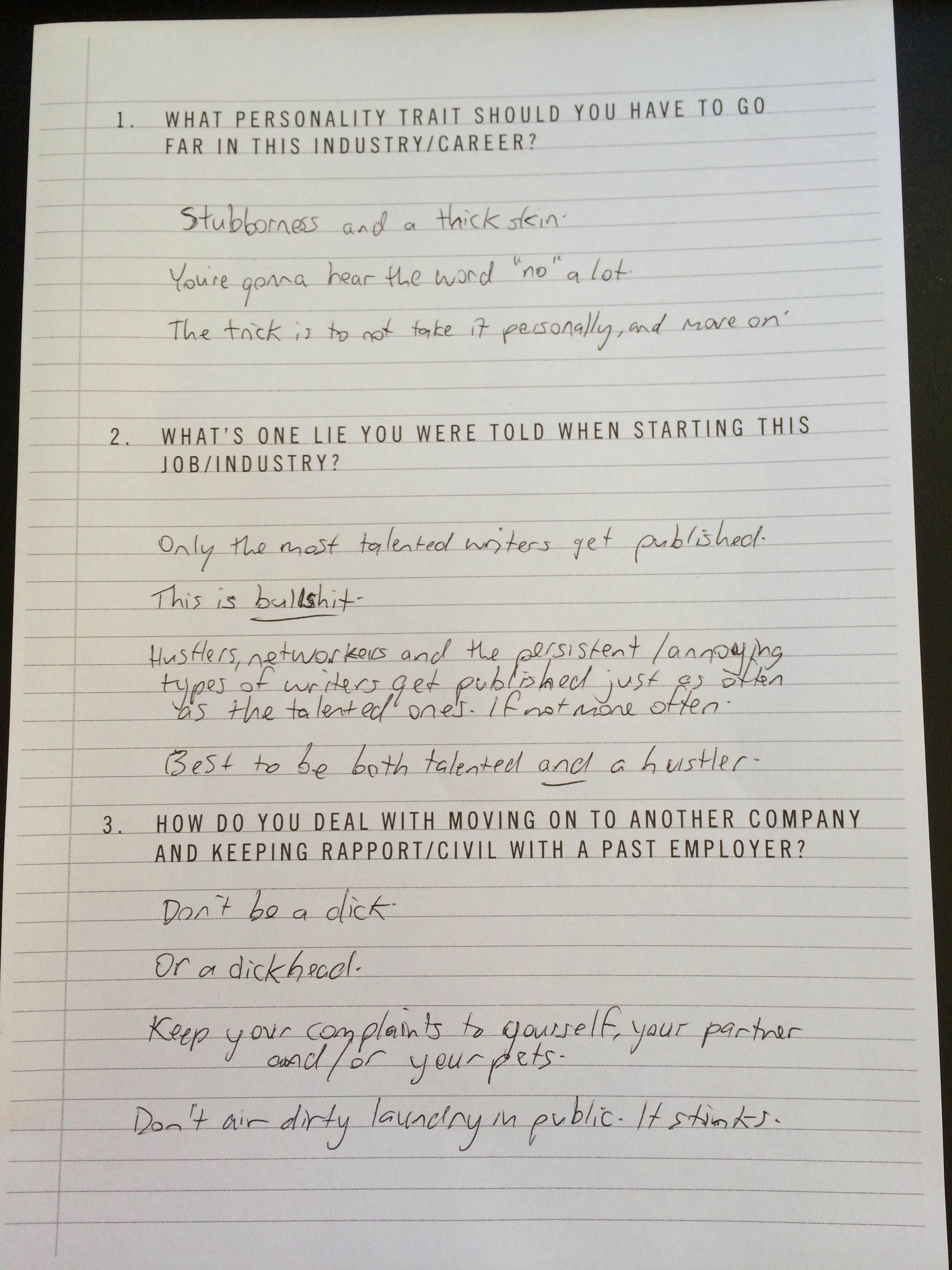
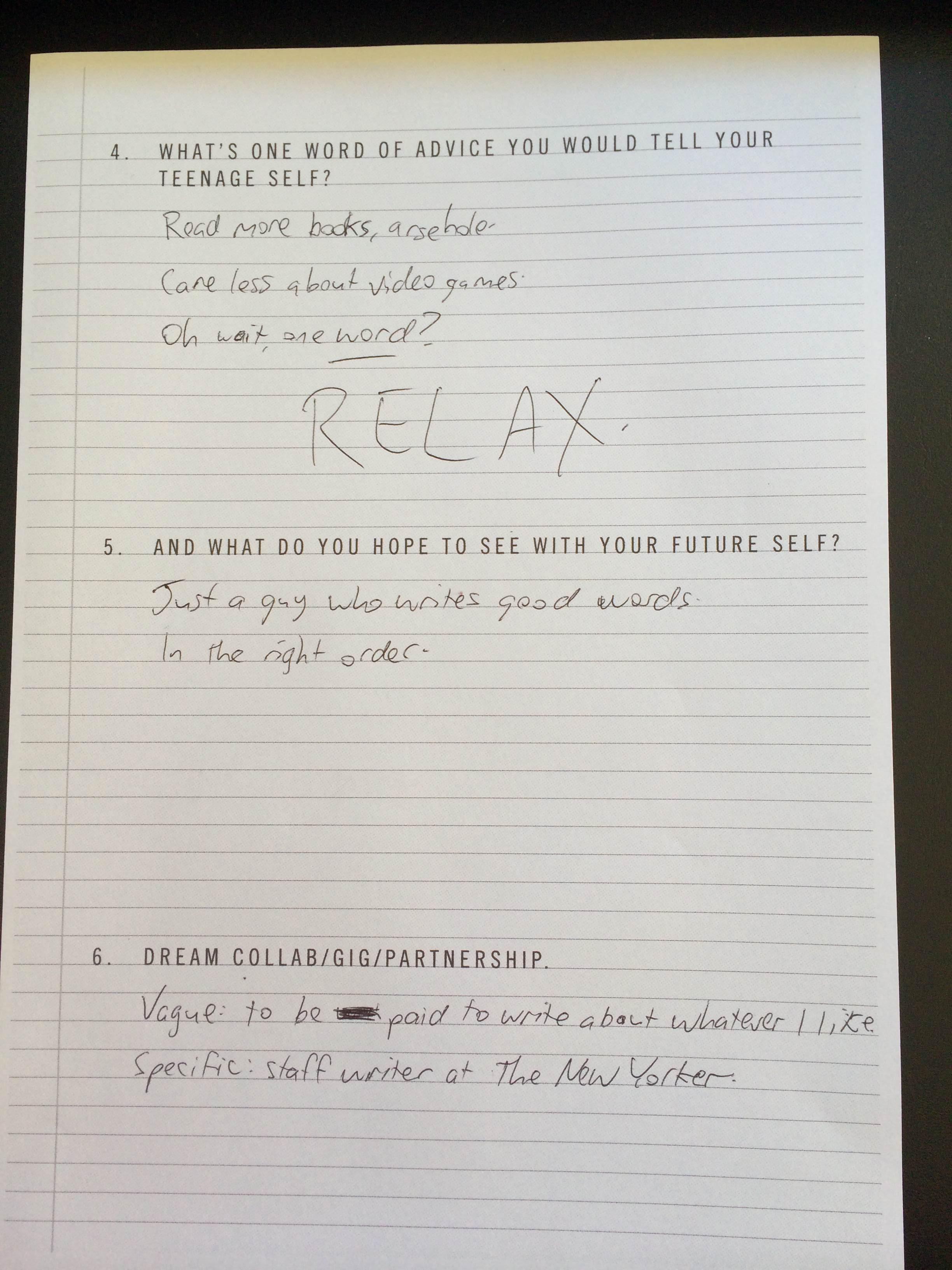
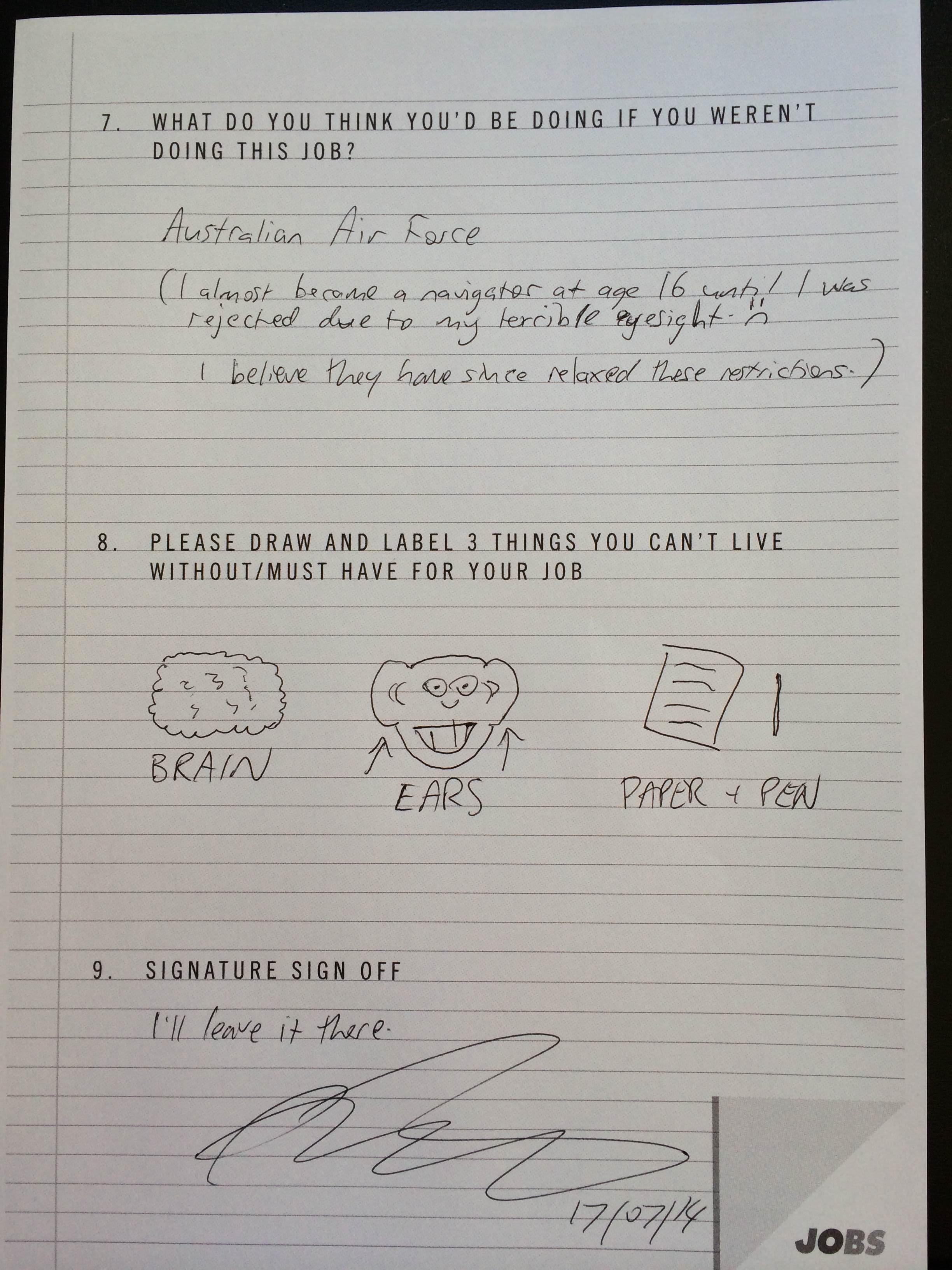
Andrew’s first book, Talking Smack: Honest Conversations About Drugs, is published on 23 July 2014 by UQP.
Title image by David Ball.

